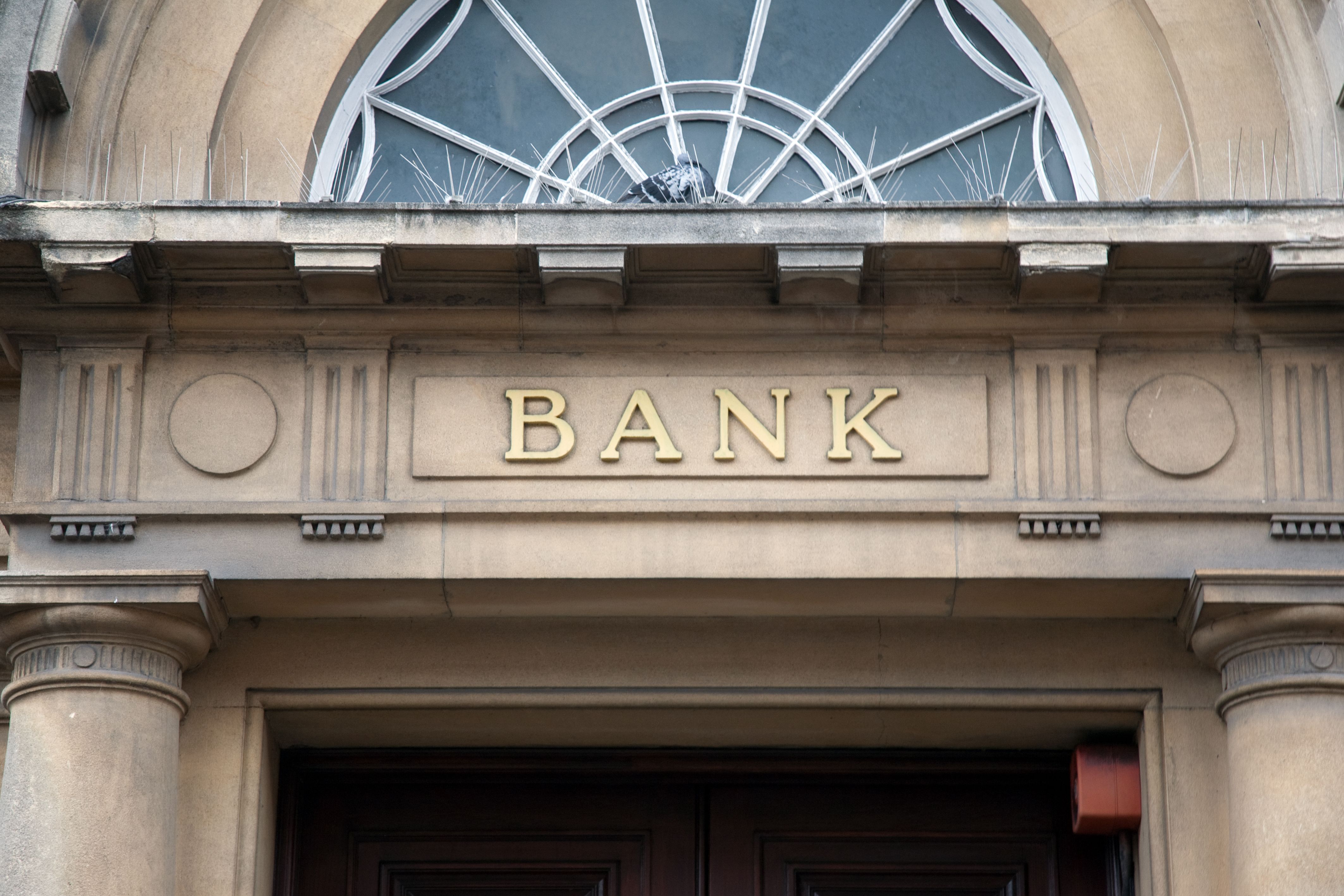This article was republished with permission from Michael Volkov’s blog, Corruption, Crime & Compliance.
If there is one industry that needs an ethics overhaul, it has to be the financial industry. The list of transgressions continues to grow: AML/sanctions, LIBOR, foreign exchange currency cartels and market manipulations, mortgage-backed securities, foreign bribery – when will it stop?
Look at a quick (and not exhaustive) list of bank settlements:
- Bank of America $16 billion (mortgage-backed securities); JPMorgan $13 billion (various violations); Citigroup $7 billion (mortgage-backed securities);
- BNP Paribas $8.8 billion (sanctions violations); HSBC $1.9 billion (AML/sanctions violations)
- UBS $1.5 billion (LIBOR); Royal Bank of Scotland $612 million (LIBOR); Barclays $450 million (LIBOR); Lloyds $370 million (LIBOR)
- JPMorgan, Citigroup, HSBC, Royal Bank of Scotland, UBS and Bank of America $4.3 billion (foreign exchange manipulation)
Financial institutions have responded to this mess with technocrat solutions: let’s split compliance from legal and lets build up compliance departments. That is a good thing. But financial institutions have not taken much to heart. They are convinced that more compliance resources will do the trick.
What is missing from the financial institution equation is the heart – they are not yet convinced that more is needed. In fact, the solution for financial institutions is right before their eyes, on a silver platter. It is called “ethics.” It is not a hard concept, nor is it one they should be afraid of. Ethics is the most effective compliance control that exists in the compliance toolkit.
From my vantage point, ethics is the missing ingredient for financial institutions. Let’s examine the benefits of elevating ethics to the C-Suite.
First, from a reputational standpoint, the best way to improve banks’ reputations is to indoctrinate senior leadership and Boards with a culture of ethics. Bring ethics to the C-Suite, have the person report directly to the Board if necessary and elevate the standing of the office of Chief Ethics Officer.
Second, communicate the ethics message daily and embrace the message as an essential aspect of the corporate fabric. Make sure that the CEO and senior leadership communicate daily a message of ethics.
Third, demonstrate a commitment to ethics in the conduct of the bank’s business. Do not just ask the question of whether a deal or new product line will result in profits. Ask the harder question: “Is this business we should be conducting?” Is it something we should be offering and does it make economic sense?
Fourth, implement ethics-related policies and procedures throughout the bank. Each bank should adopt a statement of values that puts ethics at the top of the list, a revised code of conduct supporting the ethics message, and meaningful ethics performance evaluation factors that have teeth and reward high performance on ethics issues.
Finally, banks need to show that they will constantly monitor, evaluate and redress any culture deficiencies through regular culture and ethics assessments.
Sometimes life presents us with profound grasps of the obvious. When you look at the train wreck of bank performance in the compliance area, there is no need to scratch your head to come up with solutions – a real commitment to an ethical culture is what banks need, and they need to do so now.



 Michael Volkov is the CEO of The Volkov Law Group LLC, where he provides compliance, internal investigation and white collar defense services. He can be reached at
Michael Volkov is the CEO of The Volkov Law Group LLC, where he provides compliance, internal investigation and white collar defense services. He can be reached at 






